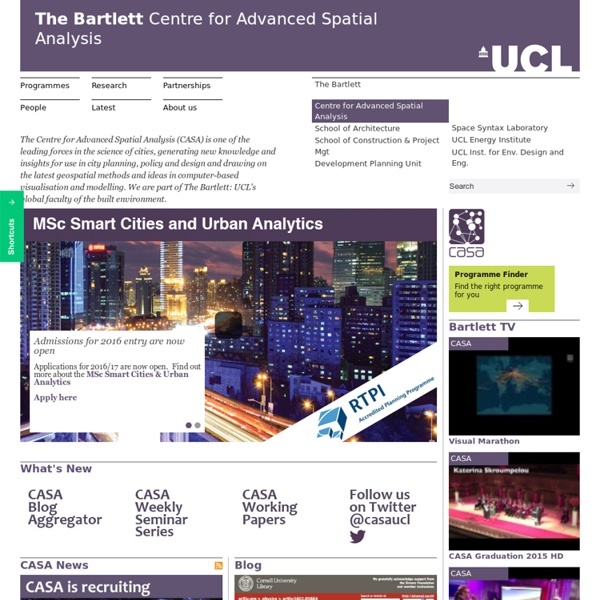



2010 Student Awards | Tactical Operations in the Informal City Award of Excellence Andrew Christopher tenBrink, Student ASLA, Harvard University Graduate School of DesignFaculty Advisor: Christian Werthmann Close Me! Close Me! 13 students from the Harvard Graduate School of Design developed, with the assistance of São Paulo’s Social Housing Agency Sehab, design tactics for the 30,000 person favela, Cantinho do Céu, in the South of São Paulo. Informal urbanism is the dominant mode of development in the fastest growing cities of the world. In the last few years, discourse about the informal city has increased at the Graduate School of Design at Harvard through the Dirty Work research initiative (led by John Beardsley and Christian Werthmann). The test site at hand was chosen because it is one of the most striking examples of the complex environmental and infrastructural conditions in São Paulo. The answers that the 13 students who participated in this study have given are optimistic.
Lehrstuhl für Industrial Design: Lehrstuhl SourceForge.net: PyCX Project Colorado architecture students design rugged micro cabins Architecture students from the University of Colorado Denver have built a series of rustic dwellings for an outdoor education school in the Rocky Mountains (+ slideshow). Participating in a design-build programme, the students designed the cabins for the Colorado Outward Bound School – one of 40 schools around the globe run by Outward Bound, the nonprofit outdoor education organisation that focuses on expeditionary learning. The Colorado Outward Bound Micro Cabins – each measuring between 140 and 200 square feet (13 to 18 square metres) – were created to serve as "micro dormitories". There are 14 dwellings in total, and they were constructed on-site in three weeks. Made of metal and wood, the cabins are situated on a steep hillside in a lodgepole pine forest near Leadville, a small town in the heart of the Rocky Mountains. Elevated several feet off the ground, the dwellings were designed to have a low environmental impact. Each cabin sleeps two to three occupants. Project credits:
Center for Study of Science, Technology and Policy (CSTEP) "To enrich the nation with technology-enabled policy options for equitable growth." Fakultät für Architektur: Incoming Um an einem Austausch mit der Fakultät für Architektur der TUM teilzunehmen, müssen Sie zunächst von Ihrer Heimatuniversität im Rahmen eines unserer Austauschprogramme für ein Auslandsstudium an der TUM ausgewählt und von Ihrer Universität per e-Nominierung bei der TUM gemeldet werden. Im Anschluss schicken Sie uns dann Ihre Bewerbung. Ausführliche Informationen zur Bewerbung für einen Austausch an die TU München finden Sie auf den Seiten des International Center der TUM. Weitere Hinweise können Sie auch im Handbuch für internationale Studierende nachlesen. Die Fakultät für Architektur der Technischen Universität München bietet ihren Studierenden jedes Semester eine Vielzahl an Kursen und Seminaren in deutscher, aber auch in englischer Sprache an. Um einen Überblick über das aktuelle Kursangebot zu bekommen, lohnt ein Blick auf die Webseiten der Studiengänge der Fakultät für Architektur: Zudem bietet das Sprachenzentrum der TU München Incomings Blockkurse in Deutsch an.
Home | Santa Fe Institute untitled Welcome to the webpage of the research program "Megacities - Megachallenge" Megacities - according to various definitions cities with more than 5, 8 or 10 million inhabitants - are particularly important in the global urbanization processes. They are results of globalisation and are subject to global ecological, socio-economic and political change. Reciprocally, they are also determining factors of global change due to their global outreach and high developmental dynamics. New are not only the unprecedented dimensions of their quantitative growth, the high concentration of population, infrastructure, economic power, capital and decision-making as well as the extreme, sometimes self-reinforcing acceleration of all development processes. Megacities are a fundamentally new form of urban socialization of the 20. and 21. Informality. Informality must be understood as a basic principle of urban live, economy and policy.